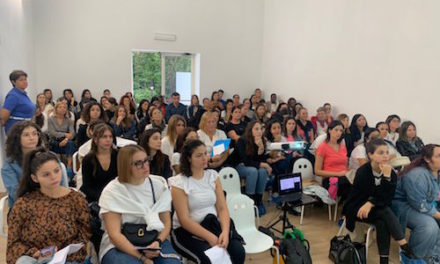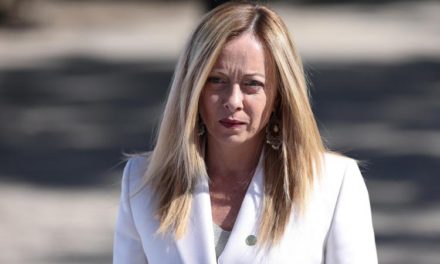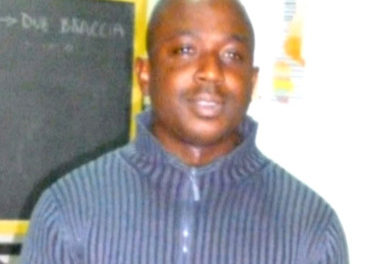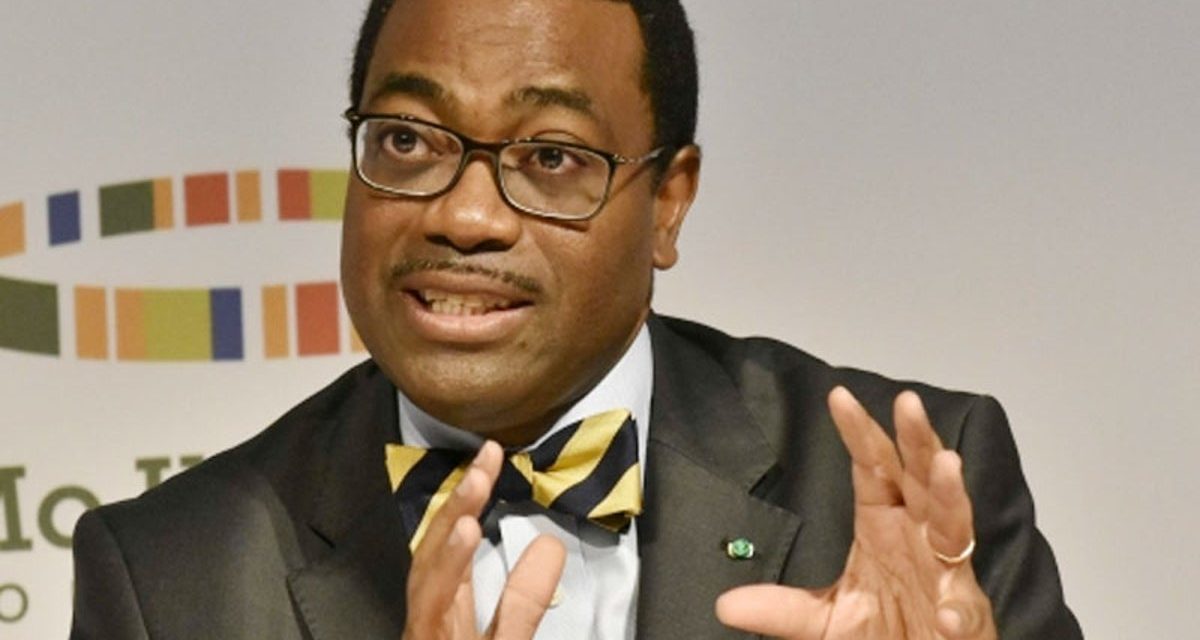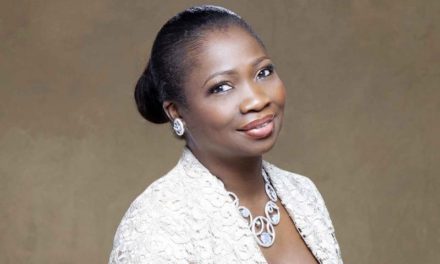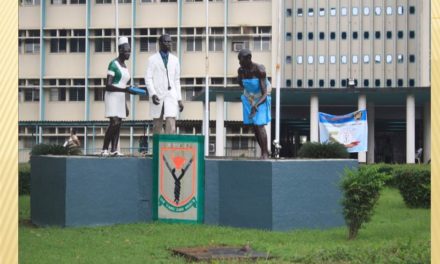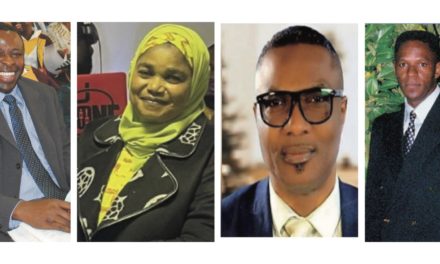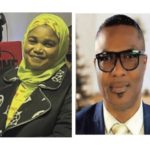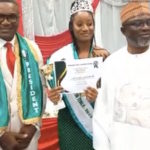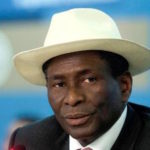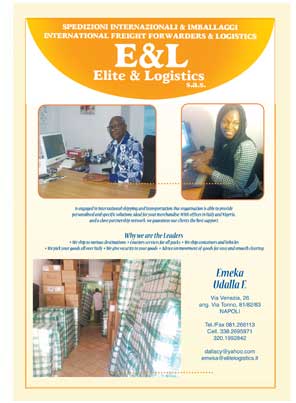AFDB is seen by the African as invaluable
The African Development Bank, AFDB, and the United States of America are set on collision course over allegations of corruption against the bank’s Nigerian boss, Mr. Akinwumi Adesina. A 20-point allegations of “impunity and bad governance” from unnamed employees are at the heart of the brewing war which has pitched the Trump administration against the entire continent. The “Group of Concerned Staff Members of the AfDB” claimed that Mr. Adesina has used the bank’s resources for self-promotion and personal gain while also paying out huge but undeserved severance packages to staff who resigned mysteriously, and favouring his fellow Nigerians.
In an era in Africa where the Brenton Woods institutions of the World Bank and International Monetary Funds, IMF, are viewed as organs of misery on the continent’s inhabitants, the AFDB is seen by the African as invaluable. The allegations against Adesina were taken to the Ethics Committee which after due diligence and investigation came to the conclusions that the charges were trumped up without substance. But US Treasury Secretary Steve Mnuchin in a letter to the bank’s board of governors rejected the findings of the Ethics Committee that cleared Mr. Adesina of any wrong doing. The Trump administration is asking for more probe into the case.
The position of the US administration have pitched it against the African continent, due mainly to the mistrust of Africans of the American President Donald Trump and his administration. Trump has never hidden his disdain for Africans, a situation that has earned him the toga of a racist across the continent of Africa. Over a dozen African leaders have spoken out in the wake of this crisis for the Americans to hand off the AFDB.
But that is a tall order, because what has become a trend of the Trump’s administration is what they don’t control they destroy. Trump himself has made it clear overtly or covertly of his intentions to undermine multilateral institutions across the globe that have ensured some semblance of its stability in the last 70 years, for his now floundered “make America great again.” It is in this light what is playing out at the AFDB is being viewed on the continent. No one trust the Americans to do anything good by Africans under an administration that is vilified for its moral failings at home and abroad.
In an era in Africa where the Brenton Woods institutions of the World Bank and International Monetary Funds, IMF, are viewed as organs of misery on the continent’s inhabitants, the AFDB is seen by the African as invaluable. The allegations against Adesina were taken to the Ethics Committee which after due diligence and investigation came to the conclusions that the charges were trumped up without substance. But US Treasury Secretary Steve Mnuchin in a letter to the bank’s board of governors rejected the findings of the Ethics Committee that cleared Mr. Adesina of any wrong doing. The Trump administration is asking for more probe into the case.
The position of the US administration have pitched it against the African continent, due mainly to the mistrust of Africans of the American President Donald Trump and his administration. Trump has never hidden his disdain for Africans, a situation that has earned him the toga of a racist across the continent of Africa. Over a dozen African leaders have spoken out in the wake of this crisis for the Americans to hand off the AFDB.
But that is a tall order, because what has become a trend of the Trump’s administration is what they don’t control they destroy. Trump himself has made it clear overtly or covertly of his intentions to undermine multilateral institutions across the globe that have ensured some semblance of its stability in the last 70 years, for his now floundered “make America great again.” It is in this light what is playing out at the AFDB is being viewed on the continent. No one trust the Americans to do anything good by Africans under an administration that is vilified for its moral failings at home and abroad.
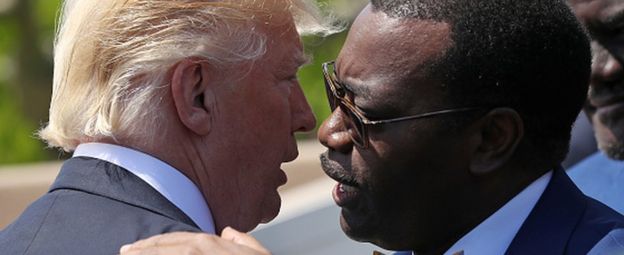
Adesina with Donald Trump
Another angle to the crisis is the inroad the Chinese have forged in Africa. The World Bank and the IMF are tools in the hands of Trump, so the Chinese have stepped in to lend for infrastructural development in Africa, this trend creates a lot of discomfort in the White House. It seems the administration is realising that he who doesn’t sit at the table gets the crumbs. Add this to the fact that Adesina in his four years at the helms succeeded in recapitalising the bank in its 55 year old history, putting it on a firm footing to lend for infrastructural development across the continent. Africans believe the Trump administration is never going to be satisfied with any outcome of investigations that do not reflect its desire to control. And no one in the continent is ready to accept that, not Nigeria, the majority shareholder in the AFDB nor the ordinary African whose Trump’s racist policies and pronouncements do not favour. Since the crisis escalated most Africans have urged the Trump administration to offload its 6% stake in theAFDB, a situation they claim would augur well for the health of the bank.
Adesina, who is due for reelection as AFDB President this year, was first elected for a five-year term in September 2015. He was Nigeria’s agriculture minister from 2011 until his move to the AFDB in 2015. Adesina, named Forbes Africa Person of the Year in 2013 for his “bold reforms” in the Nigerian agricultural sector, was once told by an academic in Nigeria he would never get into Purdue University as his maths was poor but proved him wrong by getting into the US institution after he cancelled his admission to UK’s respected Cambridge University. He got his PhD in agricultural economics in 1988.
The AfDB was founded following an agreement signed by member states on August 14, 1963, in Khartoum, Sudan, which became effective on September 10, 1964. The AfDB comprises three entities: the African Development Bank (ADB), the African Development Fund (ADF) and the Nigeria Trust Fund (NTF). The AfDB group’s mission is to help reduce poverty, improve living conditions for Africans and mobilise resources for the continent’s economic and social development.
Adesina, who is due for reelection as AFDB President this year, was first elected for a five-year term in September 2015. He was Nigeria’s agriculture minister from 2011 until his move to the AFDB in 2015. Adesina, named Forbes Africa Person of the Year in 2013 for his “bold reforms” in the Nigerian agricultural sector, was once told by an academic in Nigeria he would never get into Purdue University as his maths was poor but proved him wrong by getting into the US institution after he cancelled his admission to UK’s respected Cambridge University. He got his PhD in agricultural economics in 1988.
The AfDB was founded following an agreement signed by member states on August 14, 1963, in Khartoum, Sudan, which became effective on September 10, 1964. The AfDB comprises three entities: the African Development Bank (ADB), the African Development Fund (ADF) and the Nigeria Trust Fund (NTF). The AfDB group’s mission is to help reduce poverty, improve living conditions for Africans and mobilise resources for the continent’s economic and social development.

